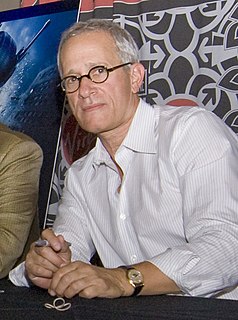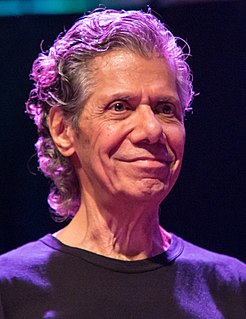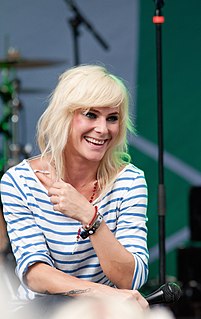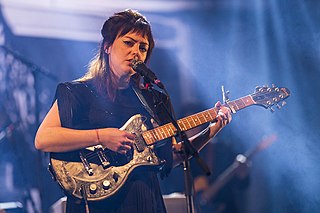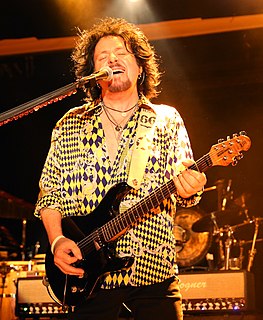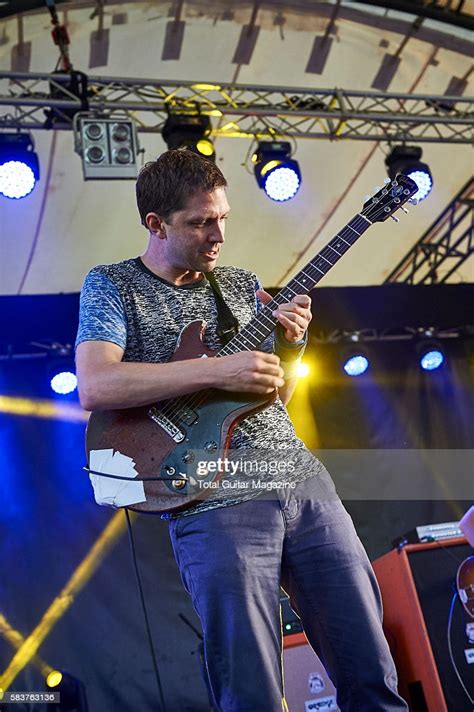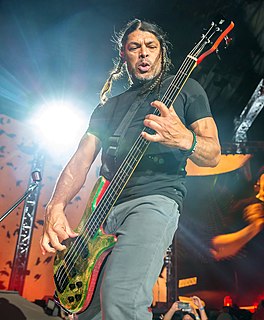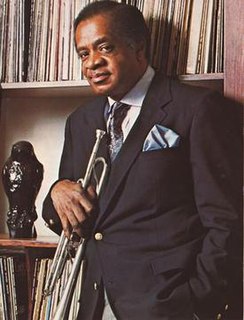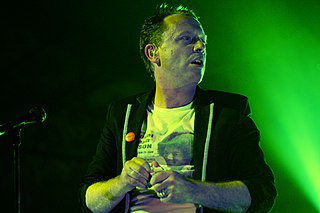A Quote by James Newton Howard
I joined Elton John's band in '75. He not only allowed me to play the electronic keyboard on his albums, he also let me do the orchestrations. Then I left the band and started producing records. I was not really a popular kind of hit music guy. I was attracted to more esoteric things.
Related Quotes
My dad was all about music. He was a musician, leading a band when I was born. His band was active all through the 40s. He'd started it in the late 20s and 30s. According to the scrapbook, his band was doing quite well around the Boston area. During the Depression they were on radio. It was a jazz-oriented band. He was a trumpet player, and he wrote and arranged for the band. He taught me how to play the piano and read music, and taught me what he knew of standard tunes and so forth. It was a fantastic way to come up in music.
I think first huge gay following started out with our keyboard player Jesper Anderberg. When he joined the band we were still in high school, and he was two years younger than us. He has a really boyish look, so all the gay guys fell in love with him straight away. We have a couple of cute guys in the band, and we play that kind of music that will go in a club. And I was dating a girl for a while - that might have something to do with it.
In high school I was in a band called Goodfight, but it was more me running around on stage. It was very punk inspired. Then I started to get into indie-rock and older music and decided I wanted to write my own stuff. I quit the band. Around 16 or 17, I started recording myself at home on keyboard and piano.
I do not want and will not take a royalty on any record I record. I think paying a royalty to a producer or engineer is ethically indefensible. The band write the songs. The band play the music. It's the band's fans who buy the records. The band is responsible for whether it's a great record or a horrible record. Royalties belong to the band. I would like to be paid like a plumber. I do the job and you pay me what it's worth.
I play trumpet. And I took all the music courses in college, so I can also play the string instruments, keyboard, the brass and woodwinds - but only well enough to teach them. If you put a violin in front of me, you wouldn't say, 'My God, that guy can play.' It'd probably sound more like Jack Benny.
I skipped school one day to see Dizzy Gillespie, and that's where I met Coltrane. Coltrane and Jimmy Heath just joined the band, and I brought my trumpet, and he was sitting at the piano downstairs waiting to join Dizzy's band. He had his saxophone across his lap, and he looked at me and he said, 'You want to play?'
I was 21, and I was like, "Man, am I really gonna start over and try this whole thing over again? Do I want to start over and be in a rock band again and try to act like a 17-year-old for as long as I can?" Because that was what I was doing with Simon Dawes band. I decided that if I was going to go on playing music, I was going to try and work on it. So I got into Leonard Cohen and Will Oldham, guys that really inspired me not only as songwriters but also through their music as people, and that's kind of what the shift was for me.
